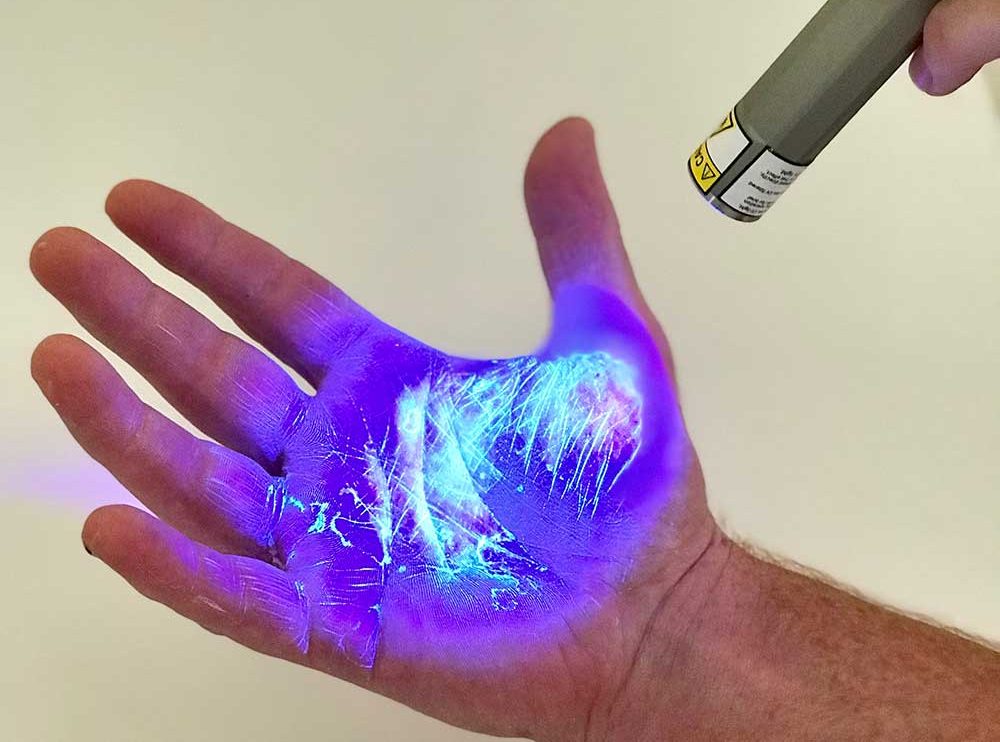
Washing your hands is one of the simplest, yet most effective, things you can do to protect your health and the health of others. It removes dirt, bacteria and viruses before they make you or others sick.
Farmers routinely encounter potential sources of disease and illness including dirt, farm animals, domestic pets, farm chemicals, fertilisers, pesticides, medications, solvents and soil. Farmers and farm workers can also pass on contaminants to others through produce contaminated by bacteria or viruses due to poor hand washing.
Five simple steps to clean your hands effectively
- WET
- Wet your hands.
- Turn off the tap and apply soap.
- LATHER
- Rub your hands together with the soap.
- Make sure you soap up to the wrists, get the back of your hands, in between your fingers and underneath your fingernails.
- SCRUB
- Continue for at least 20 seconds.
- Don’t have a timer? Sing ‘Happy Birthday’ in your head twice!
- RINSE
- Rinse your hands in clean, running water.
- If you’re out on the farm and clean, running water is not available, use what water is available, or keep some alcohol wash handy (containing at least 60% alcohol).
- DRY
- Thoroughly dry your hands with a clean towel or let them air dry.
When should you wash your hands?
- Before touching anything that needs to stay clean.
- After touching anything that might contaminate your hands.
- Examples include: After being in contact with an animal/s, animal feed or animal waste, before preparing food, before and after treating a cut or wound, and after using the toilet.
- Even if you have been wearing gloves while working with chemicals or livestock, wash your hands after you remove them.
The few minutes spent washing your hands throughout the day can prevent an illness that could keep you (or others) out of action for days, weeks or even longer.
Fast facts:
- Hand washing is an easy and important way to protect yourself and others from the risk of illness – and it only takes 20 seconds.
- Contact with dirt, farm animals, pets, medications, chemicals and fertilisers can all present potential risks.
- Keep an alcohol-based hand sanitiser (at least 60% alcohol) for when soap and running water aren’t available.
- Trying to choose what soap to get? Liquid soap is better than a bar of soap.
References used for this topic
More information:
Better Health Channel
Hand washing – Why it’s important
Centers for Disease Control (US)
About hand washing
Occupational Dermatology
Skin care in the workplace
The Nemours Foundation (US)
Hand washing: Why it’s so important
Healthdirect
Hand washing (provides a downloadable poster on effective hand washing)
|
|